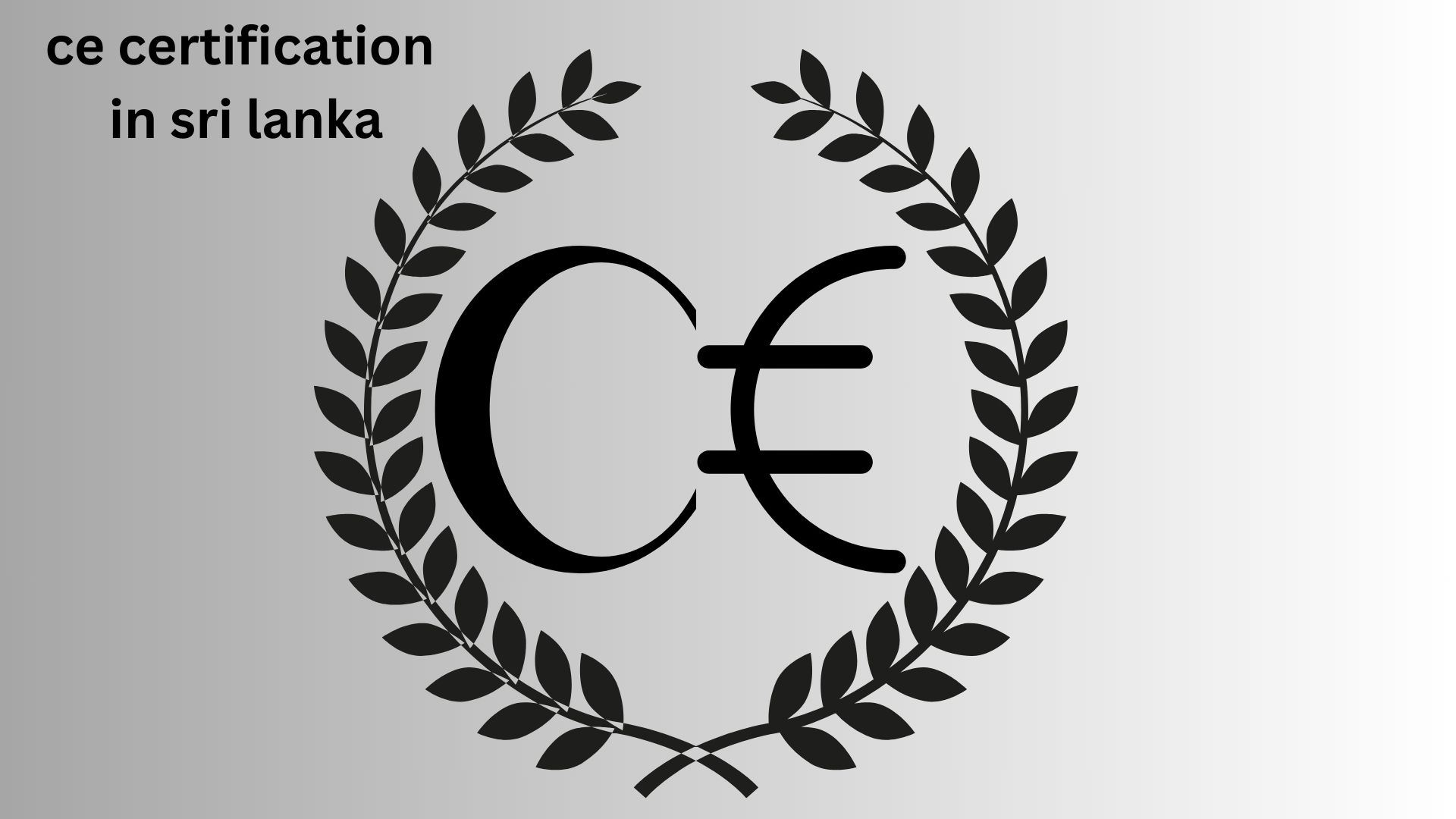education

May 19,2025 • 3 min read
Understanding CE Certification: A Gateway to the European Market

Introduction
CE certification is a critical compliance mark for products sold within the European Economic Area (EEA). It indicates that a product meets EU safety, health, and environmental protection requirements. For manufacturers, obtaining CE marking is not just a legal obligation but a strategic step toward accessing one of the world’s largest markets. This article outlines the purpose, process, and implications of CE certification for businesses looking to expand into Europe.
Purpose and Importance of CE Marking
The CE mark acts as a declaration by the manufacturer that their product complies with relevant European directives and regulations. It applies to a wide range of products, including electronics, machinery, medical devices, toys, and construction products. The primary goal is to ensure free movement of goods across EU member states while safeguarding public interest in terms of health and safety. By affixing the CE mark, manufacturers demonstrate that their products have been assessed and meet EU requirements, thus avoiding potential legal and commercial consequences.
Steps to Achieve CE Certification
The CE certification process begins with identifying applicable EU directives and harmonized standards related to the product. The manufacturer must then carry out a conformity assessment, which may involve internal testing or the involvement of a Notified Body, depending on the risk category of the product. Technical documentation must be compiled, including product specifications, test results, user manuals, and a risk assessment. Finally, the manufacturer issues the EU Declaration of Conformity and affixes the CE mark to the product.
Role of Notified Bodies
In cases where directives require third-party verification, Notified Bodies play a key role. These are organizations designated by EU countries to assess the conformity of certain products before being placed on the market. They evaluate product safety, inspect production processes, and issue certification when applicable. Engaging a Notified Body ensures that high-risk products are thoroughly vetted, adding an extra layer of trust for consumers and regulators.
Benefits of CE Certification for Manufacturers
CE certification offers several advantages beyond legal compliance. It opens access to all EEA markets with a single approval, reducing the need for multiple national certifications. It also enhances product credibility and customer confidence by demonstrating adherence to stringent European standards. Moreover, it fosters innovation by encouraging companies to design safer, more efficient products from the outset.
Conclusion
CE certification is a vital component of international market access for manufacturers targeting Europe. By understanding the regulatory framework, fulfilling conformity requirements, and leveraging the expertise of Notified Bodies when needed, businesses can ensure compliance, reduce barriers to entry, and gain a competitive edge in the global marketplace.
aaronalton Details
User Profile
- Full name
- aaronalton
- Email address
- aaronalton97@gmail.com
- Join Date
- 2025-05-02
- State
- City
- Pincode
- Address
- Follow us on Facebook
- Follow us on Twitter
- Website Name
- Bio